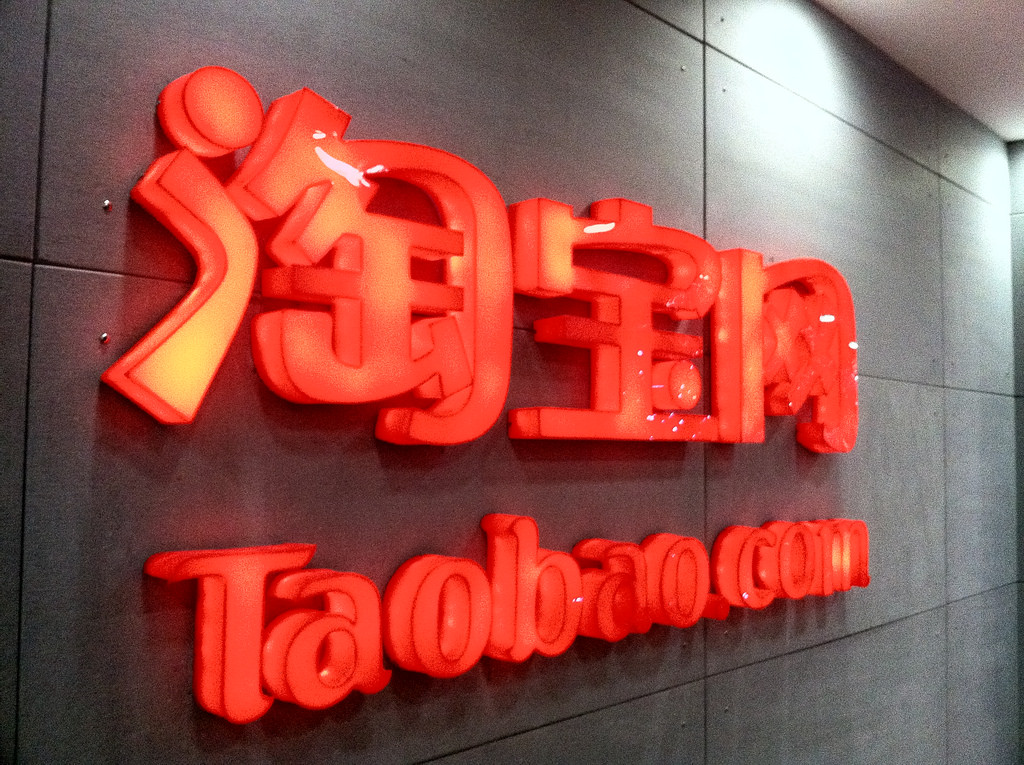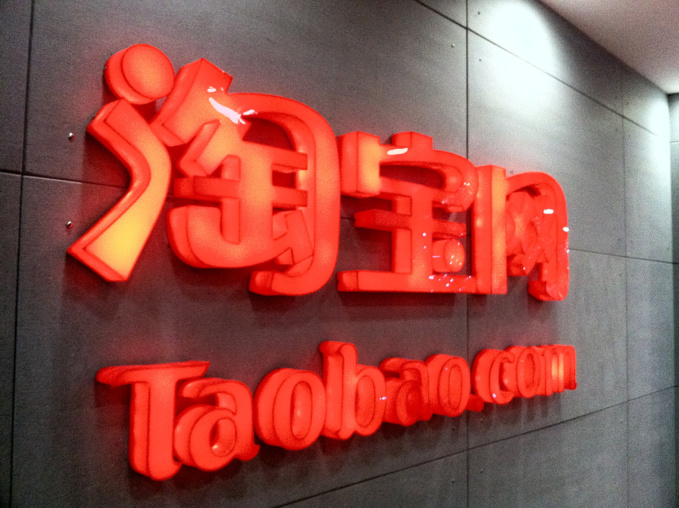However, Alibaba sites have become more of a hindrance than a help for small US businesses. In December 2016, Taobao platform once again appeared in the list of known sellers of fakes, published by the US Trade Mission (USTR). The agency explained this by "the difficulties faced by right holders in removing counterfeits from sale and preventing illegal proposals."
Then, Alibaba said it was disappointed with the USTR’s decision, as the company has significantly succeeded in defending intellectual property rights than a few years ago. According to representatives of Alibaba, the company is supporting development of a special program for small businesses, which will allow to remove counterfeits from sale faster. Nowadays, there are about 10 million companies selling their products via Alibaba platform.
Nevertheless, the USTR’s December report said that small and medium-sized companies often have difficulties in removing counterfeits. A brand’s owner must send at least 100 requests to remove the fake goods from sale within three months, while share of justified claims must be at least 90%. In addition, unlike eBay or Amazon.com, Alibaba does not always immediately remove suspicious sales advertisements, but conducts a first check. According to rights holders, the check can take several weeks.
Alibaba itself is justifying the need for verification by the fact that about a quarter of all claims are unreasonable in the end.
All trading platforms face the counterfeits problem, collide, but it reaches such a scale only on Taobao, points out Dean Arnold, Director of Intellectual Property Group. The problem is aggravated by Alibaba’s huge turnover: volume of deals on its trading platforms in China reached $ 485 billion in fiscal year 2016. This is more than the volume of eBay and Amazon combined.
Many entrepreneurs do not have enough employees to deal with counterfeiters, and have no idea about regulatory processes in China, emphasizes Arnold of Intellectual Property Group.
So, Richard Satz, president of Kinon Surface Design company producing polymer surfaces for interiors, says that supplies to hotels and restaurants in Asia were drowned after copycats of the company’s products spread across Alibaba. According to him, regular monitoring of Alibaba sites can be helpful, but it is expensive and time-consuming. A representative of Alibaba indicated that his company must remove counterfeits from sale once they are discovered, but the brand rights protection rests with its owner. He claims that since January 2016 Alibaba has removed 241 ads from 246, indicated by Kinon.
Not only small businesses suffer from fakes. More than 10 industry groups, uniting owners of thousands of brands from different countries, earlier sent a joint letter to the Internet giant Alibaba Group in August. They claimed that the Chinese corporation was not doing enough to combat sale of counterfeit goods on its sites. Alibaba made some steps in this direction, but many promises remained unfulfilled, although they could significantly reduce number of counterfeits on sale, reads a letter to the WSJ. For example, Alibaba's software does not recognize blurry images of counterfeit goods, although the company has previously stated that such images violate its rules.
The American Apparel & Footwear Association, representing over 1000 brands, also expressed discontent with Alibaba. The organization said it saw no signs of improvement: Taobao (Alibaba's largest trading floor) is still fraught with fakes, it's still very difficult to remove them from the sale.
source: wsj.com
Then, Alibaba said it was disappointed with the USTR’s decision, as the company has significantly succeeded in defending intellectual property rights than a few years ago. According to representatives of Alibaba, the company is supporting development of a special program for small businesses, which will allow to remove counterfeits from sale faster. Nowadays, there are about 10 million companies selling their products via Alibaba platform.
Nevertheless, the USTR’s December report said that small and medium-sized companies often have difficulties in removing counterfeits. A brand’s owner must send at least 100 requests to remove the fake goods from sale within three months, while share of justified claims must be at least 90%. In addition, unlike eBay or Amazon.com, Alibaba does not always immediately remove suspicious sales advertisements, but conducts a first check. According to rights holders, the check can take several weeks.
Alibaba itself is justifying the need for verification by the fact that about a quarter of all claims are unreasonable in the end.
All trading platforms face the counterfeits problem, collide, but it reaches such a scale only on Taobao, points out Dean Arnold, Director of Intellectual Property Group. The problem is aggravated by Alibaba’s huge turnover: volume of deals on its trading platforms in China reached $ 485 billion in fiscal year 2016. This is more than the volume of eBay and Amazon combined.
Many entrepreneurs do not have enough employees to deal with counterfeiters, and have no idea about regulatory processes in China, emphasizes Arnold of Intellectual Property Group.
So, Richard Satz, president of Kinon Surface Design company producing polymer surfaces for interiors, says that supplies to hotels and restaurants in Asia were drowned after copycats of the company’s products spread across Alibaba. According to him, regular monitoring of Alibaba sites can be helpful, but it is expensive and time-consuming. A representative of Alibaba indicated that his company must remove counterfeits from sale once they are discovered, but the brand rights protection rests with its owner. He claims that since January 2016 Alibaba has removed 241 ads from 246, indicated by Kinon.
Not only small businesses suffer from fakes. More than 10 industry groups, uniting owners of thousands of brands from different countries, earlier sent a joint letter to the Internet giant Alibaba Group in August. They claimed that the Chinese corporation was not doing enough to combat sale of counterfeit goods on its sites. Alibaba made some steps in this direction, but many promises remained unfulfilled, although they could significantly reduce number of counterfeits on sale, reads a letter to the WSJ. For example, Alibaba's software does not recognize blurry images of counterfeit goods, although the company has previously stated that such images violate its rules.
The American Apparel & Footwear Association, representing over 1000 brands, also expressed discontent with Alibaba. The organization said it saw no signs of improvement: Taobao (Alibaba's largest trading floor) is still fraught with fakes, it's still very difficult to remove them from the sale.
source: wsj.com



















